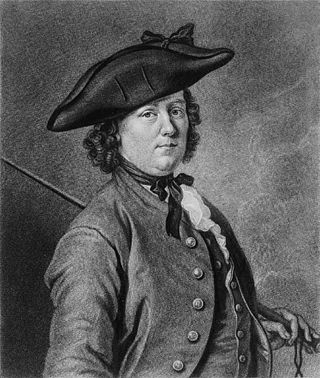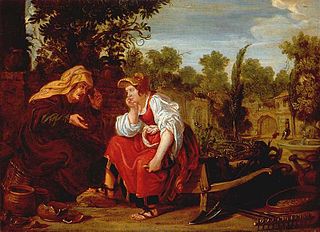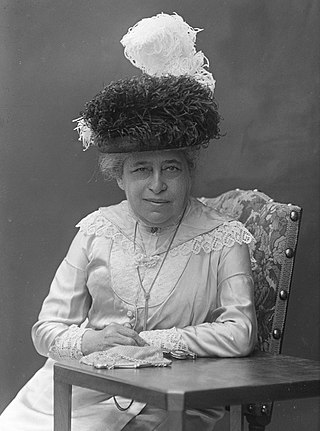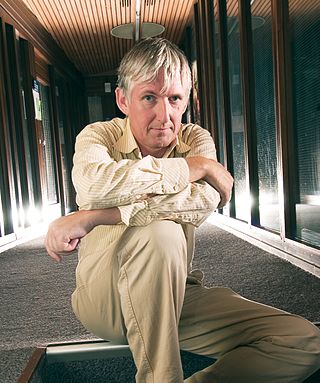Related Research Articles

Maurice of Orange was stadtholder of all the provinces of the Dutch Republic except for Friesland from 1585 at the earliest until his death in 1625. Before he became Prince of Orange upon the death of his eldest half-brother Philip William in 1618, he was known as Maurice of Nassau.

Emanuel van Meteren or Meteeren was a Flemish historian and Consul for "the Traders of the Low Countries" in London. He was born in Antwerp, the son of Sir Jacobus van Meteren, Dutch financier and publisher of early English versions of the Bible, and Ottilia Ortellius, of the famous Ortellius family of mapmakers, and nephew of the cartographer Abraham Ortelius.

Many people have engaged in cross-dressing during wartime under various circumstances and for various motives. This has been especially true of women, whether while serving as a soldier in otherwise all-male armies, while protecting themselves or disguising their identity in dangerous circumstances, or for other purposes.

M. Vasalis, pseudonym for Margaretha (Kiekie) Droogleever Fortuyn-Leenmans was a Dutch poet and psychiatrist.

Clara Peeters was a Flemish still-life painter from Antwerp who worked in both the Spanish Netherlands and Dutch Republic.
Women have played a leading role in active warfare. The following is a list of prominent women in war and their exploits from about 1500 up to about 1699.
Active warfare throughout recorded history has always predominantly involved male combatants; however, women have also contributed to military activities including as combatants. The following list describes women known to have participated in military actions in the 18th century. For women in warfare in the United States at this time, please see Timeline of women in war in the United States, Pre-1945.
Maria Aletta Hulshoff was a Dutch Patriot, feminist and pamphleteer.

Maria van Antwerpen (1719–1781) was a Dutch soldier and cross dresser. She is perhaps the most famous and well-documented example of a female cross dresser enlisting in the army as a man. She is considered by the Dutch historians Rudolf Dekker and L.J.M. van de Pol as a transsexual woman. Maria married twice to women. Two biographies were published about Maria in her own lifetime, one by Franciscus Lievens Kersteman in 1751.

Jan Tengnagel was a Dutch draughtsman and painter.

Arie Theodorus van Deursen was a Dutch historian whose focus was the early modern period. He was Professor Emeritus of History at the Vrije Universiteit in Amsterdam. He was a specialist in Dutch history of the 16th and 17th century.
Bartholda van Swieten was a Dutch noble and diplomat who acted as official mediary between the Netherlands and the Spanish Netherlands from 1615 until 1629. She is the subject of fiction, a play and the Dutch novel Een haagsche joffer (1856). Her career as a diplomat was highly unusual for her gender in 17th-century Europe.

Charlotte Jacobs, was a Dutch feminist and pharmacist. She was the first of her gender in the Netherlands with a degree in pharmacology and also active within the women's movement. She was the sister of Aletta Jacobs.
Barbara Adriaens, alias Willem Adriaens, was a Dutch soldier. Her case belongs to the most known and well documented legal cases of female transvestism and homosexuality during the early modern age in the Netherlands.

Willemijn Posthumus-van der Goot was a Dutch economist, feminist and radio broadcaster. As the first woman to attain a doctorate in economics in the Netherlands, her work focused on the impact of working women on the economy. Recognizing that there were few sources, she joined with other feminists to create the International Archives for the Women's Movement in 1935. Writing reports on women's work, she refuted government claims that women working outside the home was of no benefit. First proposed in 1939, the Household Council, which she saw as an organization to foster training and organize domestic laborers was instituted in 1950. She founded the International Association of Women in Radio, as an organization for professional development and networking in 1949. As a peace activist, she was involved in the promotion of pacifism and believing women had unique qualities for solving world problems, she established the International Scientific Institute for Feminine Interpretation. In 1982, in recognition of her significant contributions to the Dutch Women's Movement, Posthumus-van der Goot was appointed as an officer in the Order of Orange-Nassau. In 2008, she, her husband and sister, were honored as Righteous Among the Nations by the government of Israel, for their fostering children during the Dutch occupation by the Nazis.

Jan Luiten van Zanden is a Dutch economic historian and professor of Global Economic History at Utrecht University. He is a widely acknowledged specialist in Dutch, European and Global Economic History.

Margaretha Anna Sophia Meijboom or Meyboom was a social worker, feminist and translator of Scandinavian literature into Dutch. She introduced many Scandinavian writers to the Netherlands, such as Henrik Ibsen, Bjørnstjerne Bjørnson and Selma Lagerlöf. She resisted the idea that a woman's role in society was in the home, and founded several cooperative organisations to further women's economic independence.

Catharina Petra Wilhelmina Johanna Stienen is a Dutch politician, writer and former diplomat. An Arabist by occupation, she was elected in June 2015 as a member of the Senate representing the Democrats 66 political party. Having been based in Egypt and Syria during her diplomatic career, she is known for her political commentary on the Arab world, particularly during the Arab Spring.

Bertha "Betsy" Bakker-Nort was a Dutch lawyer and politician who served as a member of the House of Representatives for the Free-thinking Democratic League (VDB) from 1922 to 1942.
Sietje Gravendeel-Tammens was a Dutch resistance leader and teacher. In 1944, she was sentenced to death, but survived because the sentence needed approval from Berlin.
References
- 1 2 Rudolf Dekker; Lotte van de Pol (1989). Vrouwen in mannenkleren. De geschiedenis van een tegendraadse traditie. Europa 1500-1800[Women in men's clothes. The history of a defiant tradition. Europe 1500-1800]. Amsterdam. pp. 49, 108, 151.
- ↑ Emanuel van Meteren (1663). Historien der Nederlanden en haar naburen tot het jaar 1612[History of the Netherlands and its neighbours up to the year 1612]. Amsterdam. pp. 445–446.
- ↑ Tom Meijers. "Mysterieuze Margaretha: een vrouwsoldaat in manskleren" [Mysterious Margaretha: a female soldier in man's clothes]. De Verhalen van Groningen.
- ↑ "Margaretha". Digital Women's Lexicon of the Netherlands.